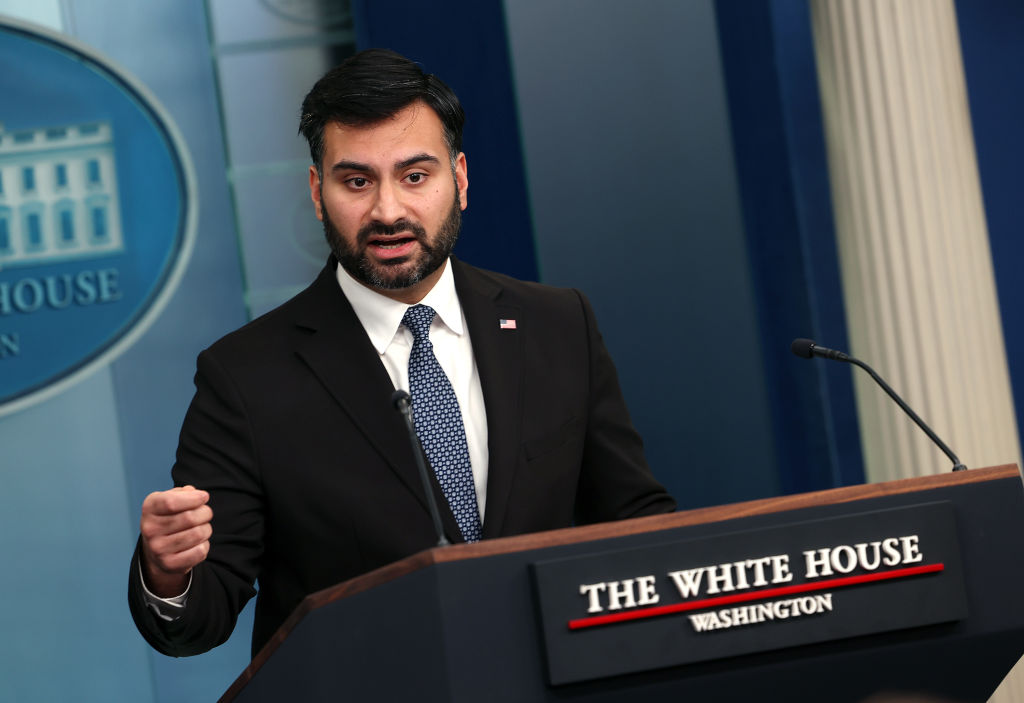Early this year, the Biden administration announced that the Department of Energy would be pausing permit approvals for new liquified natural gas (LNG) export facilities. This temporary move was transformed into an unlikely political lightning rod, as Republican critics have launched hyperbolic rhetoric about President Biden’s supposed war on American energy. And now they are going to extreme lengths to undo this pause by tying it to unrelated spending bills.
First things first, let’s start with a reality check. The White House policy amounts to a review of the scientific and economic implications of exporting gas overseas. There are several major areas of concern: How much climate pollution is generated by fracking and transportation? What is the environmental toll on communities near these facilities? And do American consumers pay more when gas is sent to overseas markets?
The pause is meant to assess these and related questions, to help determine whether it is in the public interest to build new export facilities. The evidence against LNG expansion is overwhelming. From a climate pollution perspective, the entire LNG process (from drilling to liquefaction and transportation) is worse than burning coal. Several studies have found that exporting gas raises prices for U.S consumers — an unsurprising finding when the supply of a valuable commodity is reduced. And there is ample evidence that gas export facilities release harmful air pollutants — including volatile organic compounds and particulate matter — that pose substantial health risks to frontline communities.
So, this review could not come at a more vital moment: While the current pause does not impact current export facilities or any of those that are already approved and scheduled for construction, it would stop the long-term growth of a highly polluting industry.
The pause was a welcome move after years of blank-check approvals from both the Trump and early Biden administrations. Over the past seven years, oil and gas exports have increased dramatically. Natural gas exports have increased 226 percent since 2016, and crude oil exports have increased 751 percent. And even with Biden’s permitting pause, already approved but not-yet-built facilities will triple the nation’s LNG export capacity.
This sensible first step has provoked a furious backlash from right-wing Republicans who are wildly exaggerating the impact of the Biden policy. Now, House Republicans are even pushing to tie a repeal of the LNG pause to all sorts of unrelated legislation. First, they floated this move during budget talks in February. Now there are attempts to tie it to military aid for Ukraine. The White House claims this slippery scheme is a non-starter, but there are reasons to be concerned.
Biden has established a track record of backing down from seemingly strong positions against fossil fuels. Most notably, he campaigned on stopping fracking on public lands, yet has overseen a substantial increase in drilling permits. More recently, the White House approved the massive Willow oil drilling plan in Alaska (despite the sustained opposition from climate activists all over the world), along with a new deepwater oil export terminal off the coast of Texas that could load 2 million barrels of crude oil per day.

Biden surely knows by now that his right-wing opponents are not merely seeking to undo this LNG pause — they hope to dismantle each and every part of his climate and clean energy legacy. Rather than continuing to cave to political and industry pressure, Biden should stand behind his agenda. That means not merely defending this temporary pause — the White House should double-down and strengthen it. President Biden should listen to the hundreds of organizations across the United States and internationally that are urging him to go beyond the pause, stop all LNG approvals, and roll back the export facilities that are already approved but not yet built.
For the sake of our climate stability, the health of frontline communities, and even our own pocketbooks, the United States cannot build any additional LNG export plants. President Biden has spoken eloquently of the existential threat posed by the climate crisis. He must begin to govern like a leader, take even stronger action, and stand up to those who would seek to undo the temporary LNG pause he just recently adopted.
Mitch Jones is the managing director of Policy and Litigation at Food & Water Watch.
Copyright 2024 Nexstar Media Inc. All rights reserved. This material may not be published, broadcast, rewritten, or redistributed.

